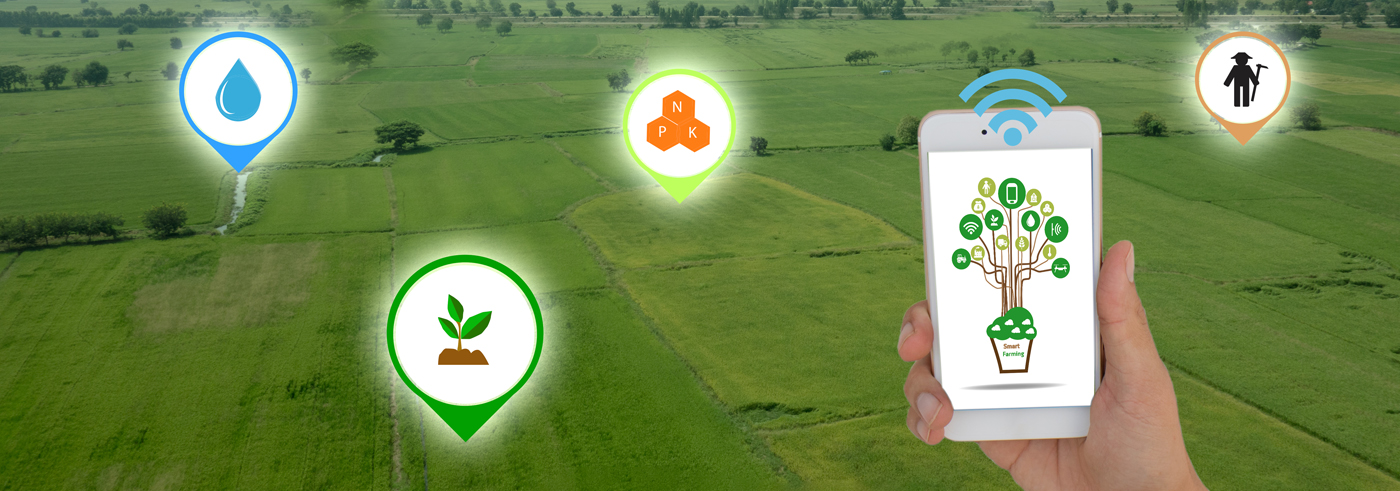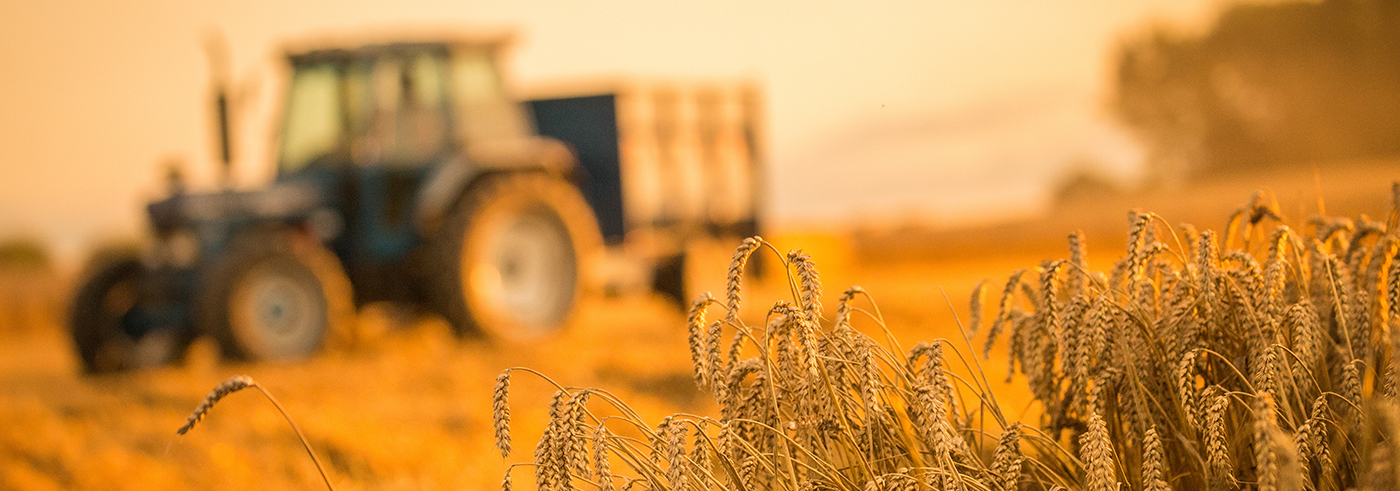Feeding plants at high precision key to feeding a world of 9.6 billion by 2050
Growing switch to smarter fertilisation methods boosts farm income, output and sustainability
Berlin, 16 January 2014 – Feeding plants at high precision is emerging as a key technology in the global quest to double food production and feed a world of 9.6 billion people in 2050.
Combining satellite-based navigation systems with real-time intelligence from field sensors, smart fertilization equipment enables farmers to put their crops on a tailor-made diet, increasing output at greatly reduced fertilizer rates.
Speaking during a panel discussion on ‘Feeding the world in 2050: Smart use of Fertilizers’ at the Global Forum for Food and Agriculture (GFFA) in Berlin, Ulrich Adam, Secretary General of the European Agricultural Machinery Association CEMA, said:
‘A technology that drives up crop yields while allowing to cut on the use of a scarce and valuable resource such as fertilizer is a true win-win for farmers and the environment alike.’
Depending on soil variation and the technology used, precision fertilisation can deliver typical yield increases of 6-8% while reducing fertilizer rates by up to 15%. As a result, farmers can achieve effective savings of up to 100 euro per hectare land.
‘At the same time, greater precision when applying fertilizer is beneficial to the environment, particularly in ecologically sensitive areas such as water courses next to field borders’, Adam said.
Realising the potential
Although the new technology is gaining ground, current usage levels are still in their infancy. Around 5% of agricultural fields in Germany are estimated to be fertilized using sensor-based equipment.
Training and incentive schemes have been devised in certain European regions to support farmers’ ability to invest in advanced fertilising equipment.
‘Such schemes will be an important element to unleash the technology’s full potential in the future’, Adam said.








